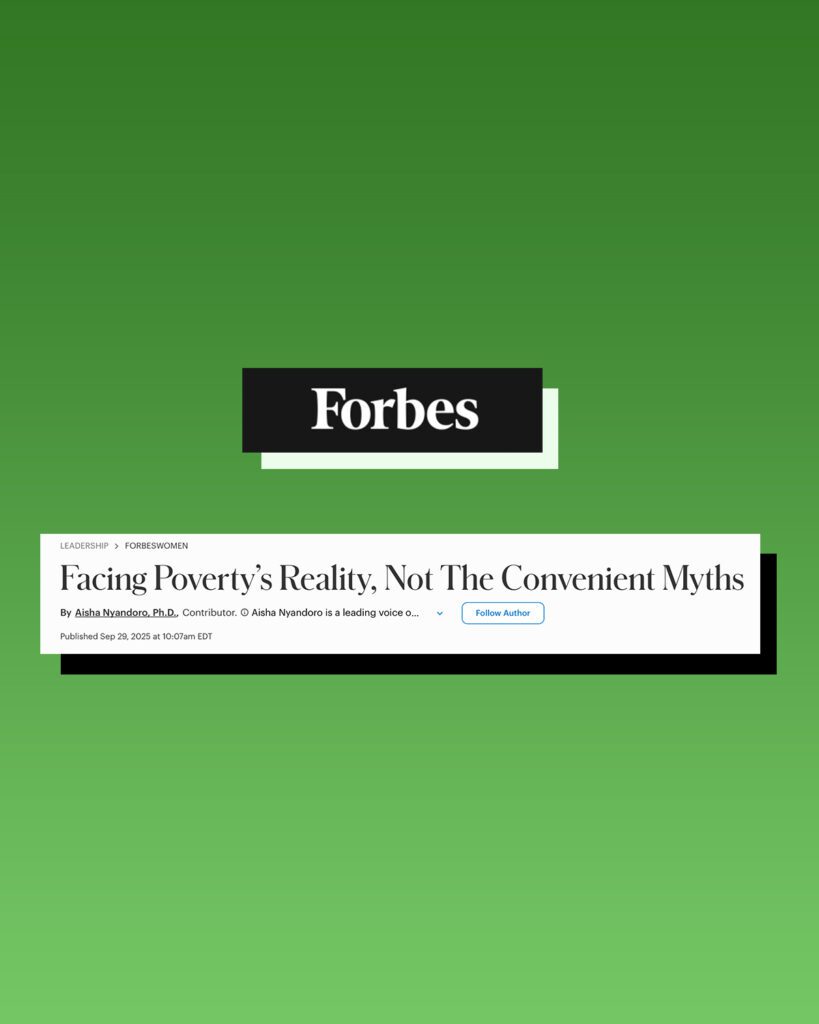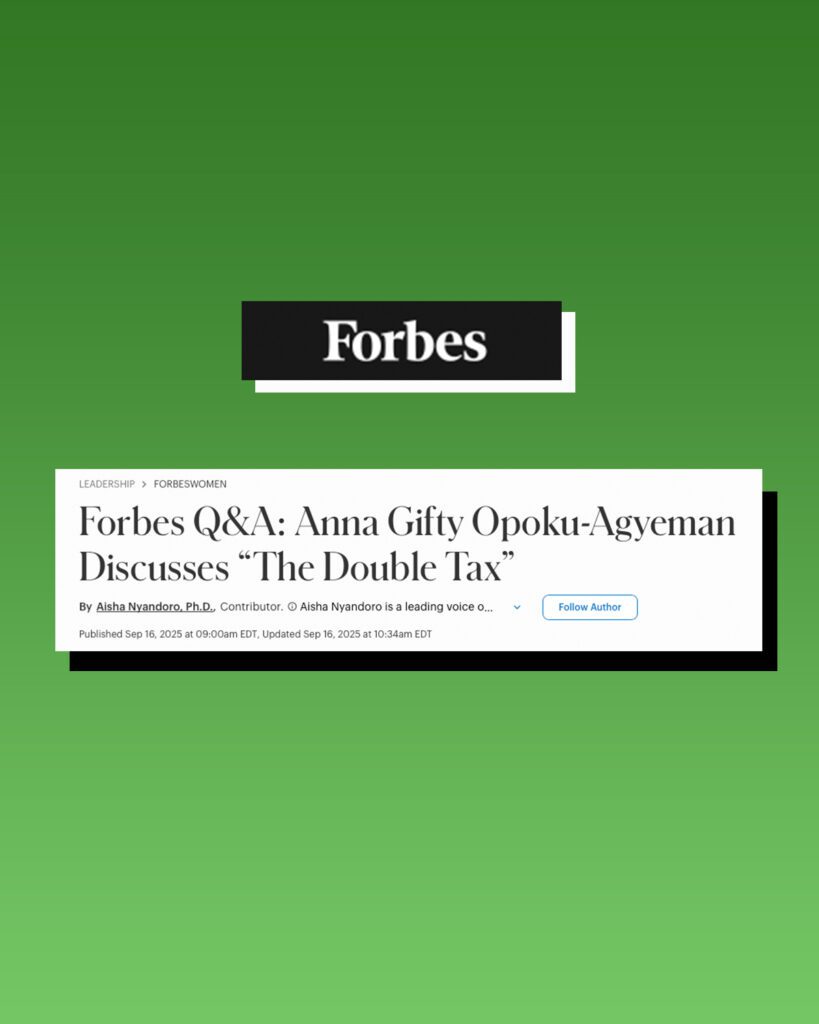The Rush To Build AI Data Centers Leaves Black Workers With New Risks
READ AISHA’S LATEST FORBES CONTRIBUTION HERE
“The speculation over the impact of AI has been the focus of conversations from corporate board rooms to grocery store checkout lines for several years now, with both the worry and the potential of such a disruptive invention increasing as the use of the technology broadens past Silicon Valley and to the general public. While the enthusiasm on AI varies, Pew research from earlier this year finds that both experts and everyday people say they want more control over how it’s used in their own lives.
For those living in proximity to AI data centers, the concern includes more than only the potential for lost jobs; but also worsening health. In California, the heart of the AI boom, data centers are located in some of the state’s most polluted areas. A study published last year found that the household health burden from data centers in such economically disadvantaged areas could be 200x that of more affluent communities, with pollutants produced from training an AI model estimated to exceed that of 10,000 cross-country car trips.
Data centers — those sprawling warehouses powered by thousands of servers that fuel everything from online banking to social media posting — are only poised to proliferate, with Deloitte estimating their power demand to increase thirtyfold over the next decade. As they do, we must recognize and rewrite a familiar story of environmental burden, economic displacement and deepening inequality playing out in Black communities across the country. Black Americans are 75% more likely than the rest of the population to live near facilities that produce toxic waste, which worsens health disparities like asthma and cancer.”


